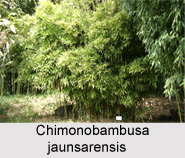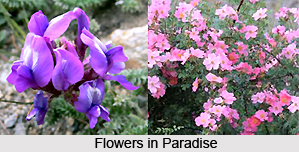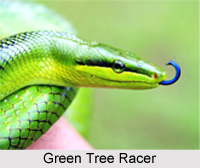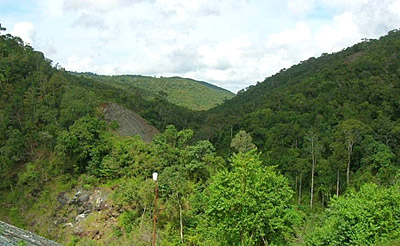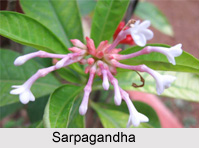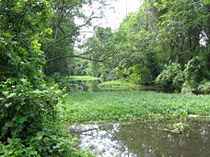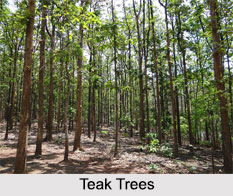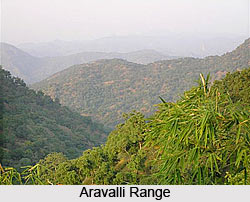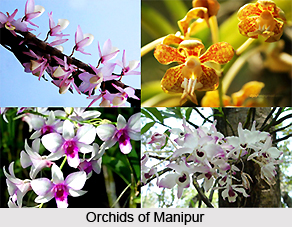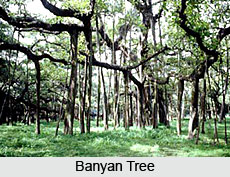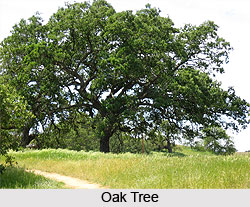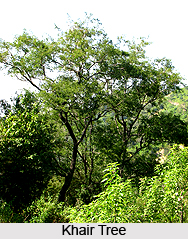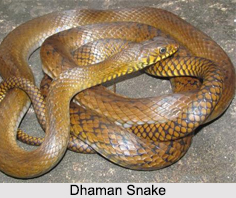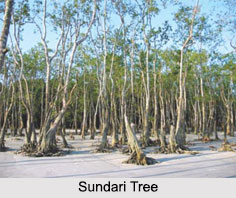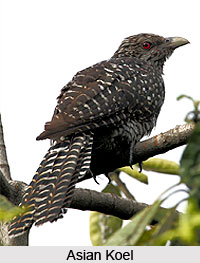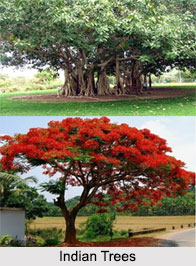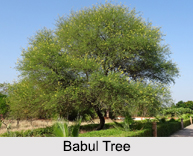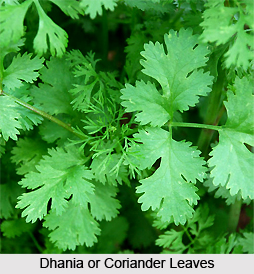 Botanically known as Anthericaceae Chlorophytum arundinaceum, Dhania is an Indian annual herb. As a culinary ingredient Dhania is almost used in every household. However, its medicinal properties are undeniable too. The name of this Indian medicinal plant varies from region to region. For instance, the Bengalis call it Dhoney; in Gujarat it is known as Dhana, Dhania, Konphir; in Kannada Havija, Kotambari, Kothambri; in Sanskrit it is known as Dhanyaka, Dhanyakam; in Marathi it is Dhane, Dhanya, Khot-Bir, Khotimbir, Khotmir, Kothmir; Tamil: Kottamalli; Telegu: Dhaniyalu, Kotimiri; Urdu: Dhania and in English it is popular as Coriander. Both the Dhania leaves and powder are useful for medicinal usage.
Botanically known as Anthericaceae Chlorophytum arundinaceum, Dhania is an Indian annual herb. As a culinary ingredient Dhania is almost used in every household. However, its medicinal properties are undeniable too. The name of this Indian medicinal plant varies from region to region. For instance, the Bengalis call it Dhoney; in Gujarat it is known as Dhana, Dhania, Konphir; in Kannada Havija, Kotambari, Kothambri; in Sanskrit it is known as Dhanyaka, Dhanyakam; in Marathi it is Dhane, Dhanya, Khot-Bir, Khotimbir, Khotmir, Kothmir; Tamil: Kottamalli; Telegu: Dhaniyalu, Kotimiri; Urdu: Dhania and in English it is popular as Coriander. Both the Dhania leaves and powder are useful for medicinal usage.
The Dhania plant is native to the eastern Mediterranean region, but is cultivated and found naturally as weedy species throughout the warmer regions of India. Dhania plant is mainly cultivated throughout India for its leaves and seeds. The juice of the Dhania plant is used to treat erythema. Dhania generally grows to a height of 40-50 cms tall. The upper leaves of Dhania are short petioled or sub sessile and grow 2-3 pin-natisect into linear-setaceous lobes. The lower leaves petioled, imparipinnatisect into 2-3 pairs of ovate-cuneiform, thick, chisel cut segments. Flowers are found in white, pinkish or purplish colours that are borne in compound 3 to 10 rayed umbels. The rays of Dhania tree are 1-2.5 cm long. The fruits of Dhania plant are orbicular, ribbed, 2-5 mm long and 1.5-3 mm wide and the seeds are twice as broad as thick. Flowers and fruits of the Dhania plant blossom from February to April.
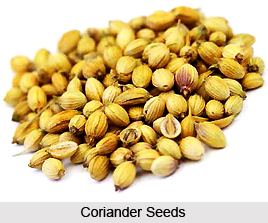 As a remedy to dyspnoea, flatulence, indigestion and bleeding piles a strong concentration of Dhania leaves with milk and little sugar is useful. On the other hand coriander water is recommended for relieving indigestion and other bowel disorders. A mixture or decoction of the dried fruits is used to treat heal bilious complaints. Coriander leaves are also healers for the common cold, indigestion, flatulence, intestinal troubles, sore throat and vomiting. Sometimes these leaves are used as eyewash in chronic conjunctivitis, and are a good carminative in combination with cardamom and caraway seeds.
As a remedy to dyspnoea, flatulence, indigestion and bleeding piles a strong concentration of Dhania leaves with milk and little sugar is useful. On the other hand coriander water is recommended for relieving indigestion and other bowel disorders. A mixture or decoction of the dried fruits is used to treat heal bilious complaints. Coriander leaves are also healers for the common cold, indigestion, flatulence, intestinal troubles, sore throat and vomiting. Sometimes these leaves are used as eyewash in chronic conjunctivitis, and are a good carminative in combination with cardamom and caraway seeds.
A cold mixture of the Dhania leaves with sugar is used for relieving stomach pain in children. The roasted seeds of Dhania are helpful for treating dyspepsia. A paste of the coriander seeds is applied locally for treating the headache and cough that are mixed with barley meal. A paste of these leaves is applied as a poultice to treat chronic ulcers and carbuncles. The seed oil of Dhania is used for the relief of colic, neuralgia and rheumatism. The seeds of coriander are often chewed naturally or in tablet form to sweeten the breath. The leaves are anti-bilious and carminative; thus in Unani treatment they are considered hypnotic and used as pain killer for treating piles, inflammation, pain in the eyes, jaundice, gleet, toothache, stomatitis, bleeding gums, scabies and tuberculous glands.
